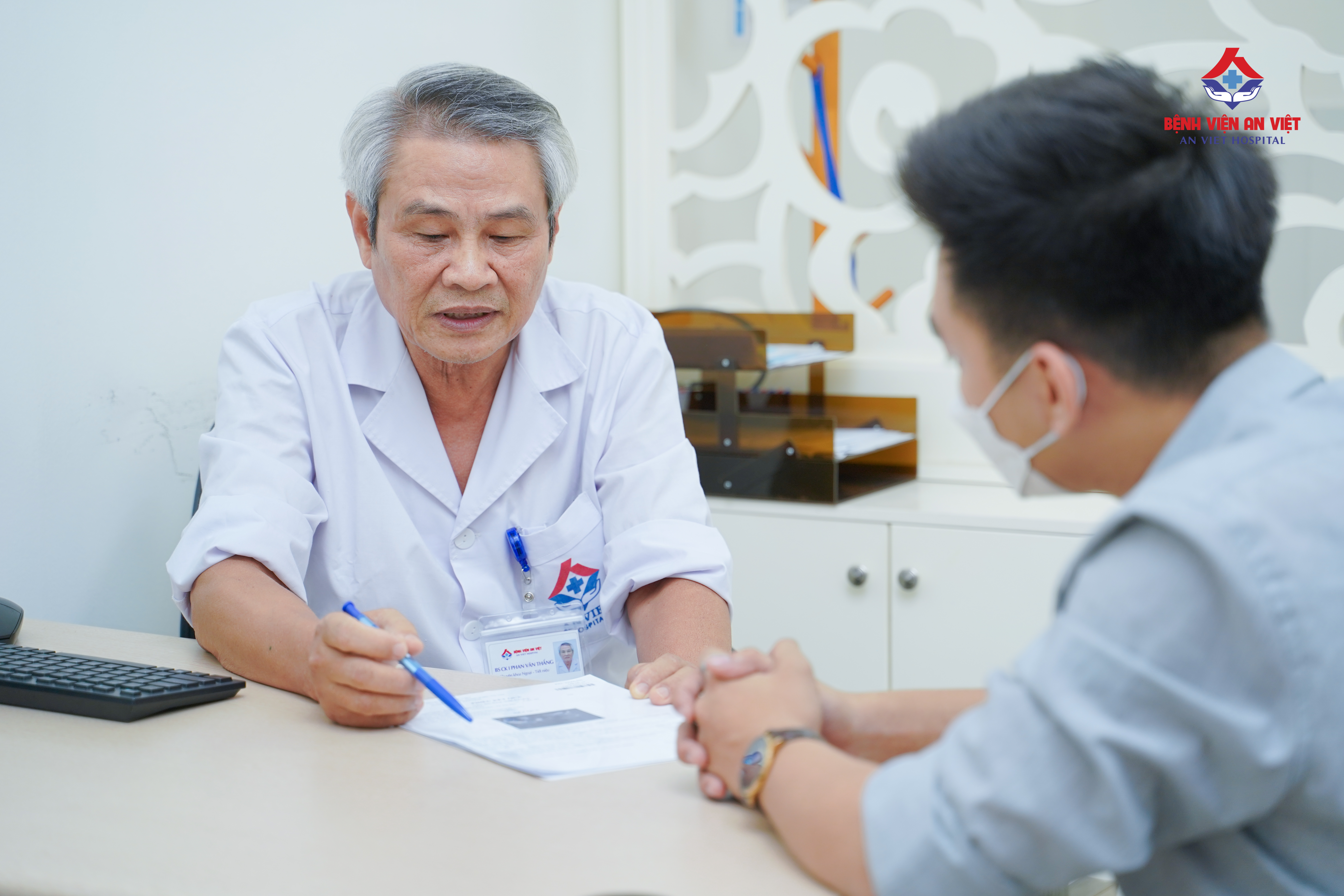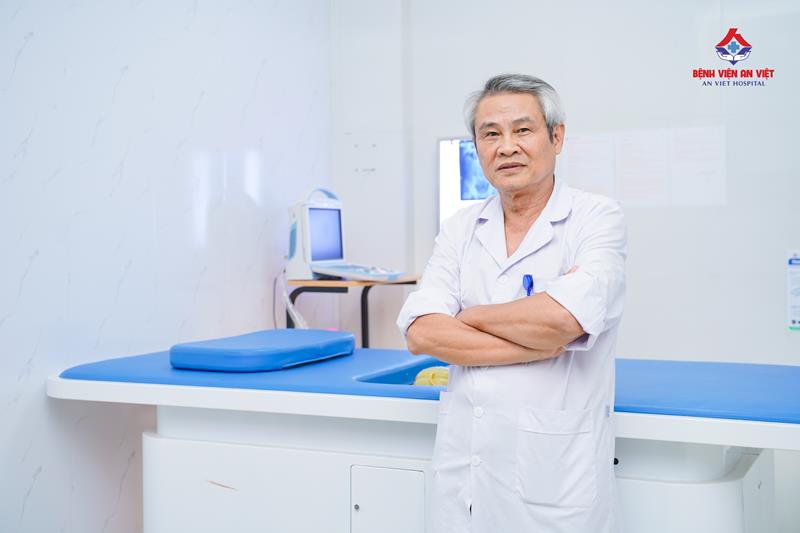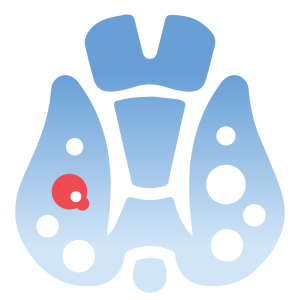Diagnosis
A physical exam is usually all that’s needed to diagnose an inguinal hernia. Your doctor will check for a bulge in the groin area. Because standing and coughing can make a hernia more prominent, you’ll likely be asked to stand and cough or strain.
If the diagnosis isn’t readily apparent, your doctor might order an imaging test, such as an abdominal ultrasound, CT scan or MRI.
Treatment
If your hernia is small and isn’t bothering you, your doctor might recommend watchful waiting. Sometimes, wearing a supportive truss may help relieve symptoms, but check with your doctor first because it’s important that the truss fits properly, and is being used appropriately. In children, the doctor might try applying manual pressure to reduce the bulge before considering surgery.
Enlarging or painful hernias usually require surgery to relieve discomfort and prevent serious complications.
There are two general types of hernia operations — open hernia repair and minimally invasive hernia repair.
Open hernia repair
In this procedure, which might be done with local anesthesia and sedation or general anesthesia, the surgeon makes an incision in your groin and pushes the protruding tissue back into your abdomen. The surgeon then sews the weakened area, often reinforcing it with a synthetic mesh (hernioplasty). The opening is then closed with stitches, staples or surgical glue.
After the surgery, you’ll be encouraged to move about as soon as possible, but it might be several weeks before you’re able to resume normal activities.
Minimally invasive hernia repair
In this procedure requiring general anesthesia, the surgeon operates through several small incisions in your abdomen. The surgeon may use laparoscopic or robotic instruments to repair your hernia. Gas is used to inflate your abdomen to make the internal organs easier to see.
A small tube equipped with a tiny camera (laparoscope) is inserted into one incision. Guided by the camera, the surgeon inserts tiny instruments through other small incisions to repair the hernia using synthetic mesh.
People who have a minimally invasive repair might have less discomfort and scarring after surgery and a quicker return to normal activities. Long-term results of laparoscopic and open hernia surgeries are comparable.
Minimally invasive hernia surgery allows the surgeon to avoid scar tissue from an earlier hernia repair, so it might be a good choice for people whose hernias recur after open hernia surgery. It also might be a good choice for people with hernias on both sides of the body (bilateral).
As with open surgery, it may be a few weeks before you can get back to your usual activity level.

At An Viet General Hospital, directly examining and treating prostate enlargement is Specialist Level 1 Doctor Phan Van Thang . Dr. Thang has long experience in the field of Urology – Andrology. The doctor has practiced advanced techniques at major medical training centers of the country such as Viet Duc Hospital, University Hospital of Medicine and Pharmacy in Ho Chi Minh City, Popular Hospital – Grade I specialty hospital. on general surgery, urology and gynecology…
- Former member of the Executive Committee of the Vietnam Association of Nephrology and Urology.
- The doctor has participated in many medical conferences at home and abroad
- The doctor has more than 40 years of experience in the field of examination, consultation and effective treatment of Urology – Male diseases for thousands of patients.

Dr Phan Van Thang – Former member of the Executive Committee of the Vietnam Kidney and Urology Association.
Dr Phan Van Thang has experience in the treatment and surgery of diseases:
- Examination and treatment of diseases of the urinary tract
- Stone pathology of the urinary system: such as kidney stones, ureteral stones and bladder stones with advanced technology, less invasive, shortening hospital stay, quickly recovering health like extracorporeal lithotripsy, Endoscopic retrograde laser lithotripsy…
- Prostate diseases such as: acute and chronic prostatitis, prostate tumors by high technology such as endoscopic prostatectomy with bipolar electrocautery
- Bladder diseases such as bladder tumors, bladder stones, bladder diverticula, bladder polyps…
…. - Diseases of the male genital organs
- Erectile dysfunction, sexual dysfunction,
- Ejaculation disorder
- Orchitis, testicular torsion
- Epididymitis, epididymitis…
- Testicular tumor, penis tumor
- Varicose veins…
- Performing gynecological and surgical procedures.
- Counseling and treatment of sexually transmitted diseases in men: gonorrhea, genital warts, syphilis, chlamydia…
Currently, the doctor is working at An Viet General Hospital. Customers can call the hotline: 1900 2838 to book an appointment with a doctor.
Doctor’s appointment schedule: From 7:30 a.m. to 4:30 p.m. (Monday to Saturday).
If you need health advice, please call 1900 2838 – 0965 98 3773 for support.
—————————————–
AN VIET GENERAL HOSPITAL
Address: 1E Truong Chinh, Thanh Xuan, Hanoi
Hotline: 1900 28 38 – 0965 98 37 73
Website: www.benhvienanviet.com
Fanpage: https://www.facebook.com/benhvienanviet
Download An Viet Hospital APP to “Look up results – Book an appointment – Video Call with a doctor” and more: https://onelink.to/pjmasd















